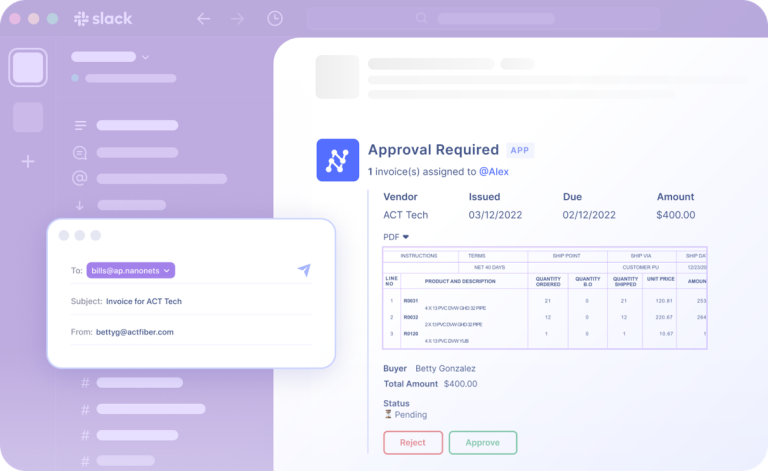Studying to Management Unknown Strongly Monotone Video games
Authors: Siddharth Chandak, Ilai Bistritz, Nicholas Bambos
Summary: Contemplate N gamers every with a d-dimensional motion set. Every of the gamers’ utility capabilities consists of their reward perform and a linear time period for every dimension, with coefficients which can be managed by the supervisor. We assume that the sport is strongly monotone, so if every participant runs gradient descent, the dynamics converge to a singular Nash equilibrium (NE). The NE is often inefficient by way of world efficiency. The ensuing world efficiency of the system will be improved by imposing Okay-dimensional linear constraints on the NE. We subsequently need the supervisor to select the managed coefficients that impose the specified constraint on the NE. Nonetheless, this requires understanding the gamers’ reward capabilities and their motion units. Acquiring this recreation construction data is infeasible in a large-scale community and violates the customers’ privateness. To beat this, we suggest a easy algorithm that learns to shift the NE of the sport to satisfy the linear constraints by adjusting the managed coefficients on-line. Our algorithm solely requires the linear constraints violation as suggestions and doesn’t must know the reward capabilities or the motion units. We show that our algorithm, which relies on two time-scale stochastic approximation, ensures convergence with chance 1 to the set of NE that meet goal linear constraints. We then present a imply sq. convergence price of O(t−1/4) for our algorithm. That is the primary such sure for 2 time-scale stochastic approximation the place the slower time-scale is a hard and fast level iteration with a non-expansive mapping. We show how our scheme will be utilized to optimizing a world quadratic price at NE and cargo balancing in useful resource allocation video games. We offer simulations of our algorithm for these situations
